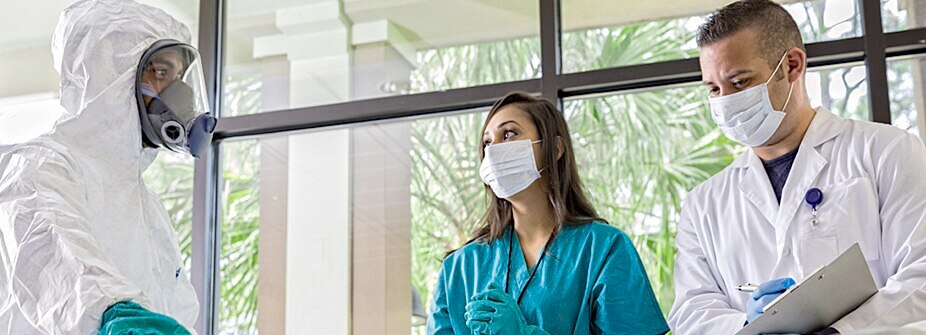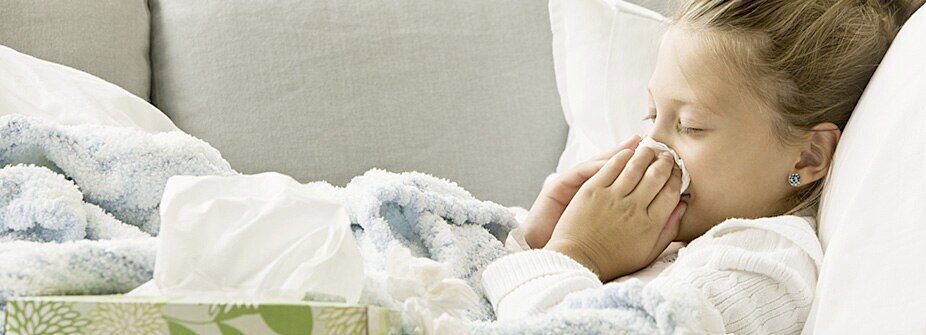When we use the phrase ‘personal hygiene’, we are talking about the steps you should take to keep your body clean. This includes, but is not limited to: handwashing, bathing and/or showering, brushing your teeth and washing your hair. Your personal hygiene is also affected by external factors, such as how often you wash your clothes and bed linen. Personal hygiene is important for several reasons. First and foremost, keeping clean is the best way to stay healthy and reduce the risk of you or your loved ones becoming ill. Many diseases are spread when harmful bacteria pass from one person to another via direct contact (touching an infected individual) or indirect contact (touching something that an infected individual has touched). Washing our bodies also eliminates the grease, dirt and bacteria that build up during the day and cause issues such as body odour. This can have a major impact on the way that other people see and treat us, and can therefore affect our self-esteem.
Personal Hygiene Tips
What is personal hygiene, and why is it important?
Our top personal hygiene tips
Don’t skip showers
Exactly how often you need to shower depends on your body and your level of physical activity, but most people need to shower or bathe at least once every other day. Using a soap such as Lifebuoy Total 10 Body Wash will help to keep germs at bay. You may only need to wash your hair once every two or three days – the important thing is knowing what works for you.
Deodorants
Generally speaking, deodorants work by either masking the smell of body odour or reducing the amount you sweat. The latter are called ‘antiperspirants’ and they tend to be more effective, particularly on days when it is very hot outside or you plan on doing sports.
Take care of your oral hygiene
Brushing and flossing should both feature heavily in your daily routine. Ideally, you should brush and floss in the mornings and evenings – although doing so after every meal would be even better. If you don’t, you run the risk of bad breath, cavities, gum disease and a whole host of other issues.
Always wash your hands
As you go about your daily life, your hands play host to harmful germs and bacteria. To prevent these from entering your body and causing illness, it is important to wash your hands thoroughly with antibacterial soap; this is vital after using the toilet, after coming into contact with someone who is sick and before eating. Carrying a product such as the Lifebuoy Total 10 Hand Sanitizer with you when you leave the house means that you will never be caught unprepared.
Wash your clothes and bedding
To keep your body fresh and clean, we recommend washing clothing and bedding on a regular basis. Underwear, and other garments worn next to the skin, should be changed every day, whereas bed linen will need to be refreshed each week.
Personal Hygiene Tips and Myth busters
My personal hygiene only affects me
It can be unpleasant for others to be around us if we have poor personal hygiene, and this can affect the way they treat us. Failing to wash our bodies – and particularly our hands – also facilitates the spread of disease.
Body spray will keep me smelling fresh if I skip a shower.
There’s really no substitute for soap, water and a good scrub! And too much deodorant can be overpowering in and of itself.
References
http://www.primermagazine.com/2011/learn/15-hygiene-habits-that-you-shouldnt-miss-in-your-daily-routine
http://www.wikihow.com/Be-Hygienic
http://www.nhs.uk/Conditions/Body-odour/Pages/Treatment.aspx




